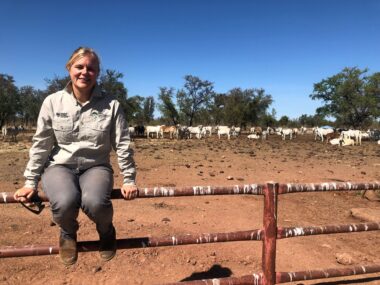MEDIA ALERT
29 January, 2024
How did COVID-19 restrictions impact alcohol consumption in Australia?
Experts from La Trobe University’s Centre for Alcohol and Policy Research have undertaken a longitudinal study of 775 participants, with six survey waves between April and December 2020, examining alcohol consumption in Victoria compared to the rest of Australia during the first year of the pandemic.
Among the results published in Drug and Alcohol Review today, the researchers found that
- During the second lockdown in Victoria, there was no difference in changes in alcohol consumption between Victorians and those from other Australian states, despite only participants from Victoria being in lockdown.
- Pandemic restrictions had a bigger impact on consumption in high-risk drinkers than low and moderate-risk drinkers.
Comments attributable to lead-author, PhD student, Yvette Mojica Perez from the Centre for Alcohol Policy Research at La Trobe University.
“This is one of few Australian longitudinal studies that explored alcohol consumption throughout the first year of the pandemic. Interestingly, we found that participants in Victoria decreased their consumption during the first nationwide lockdown while participants from the rest of Australia reported no change in consumption compared to 2019.”
“The COVID-19 restrictions seemed to have had a bigger impact on high-risk drinkers who reported reducing their consumption, while consumption for the moderate and low risk drinkers remained relatively stable.
Yvette Mojica-Perez is available for interview, please contact:
Sue Smethurst
Senior Manager, Media and Communications, La Trobe University
0418 643 520


